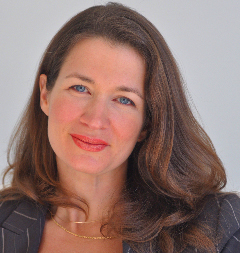Background:
Secular or non-religious coming of age ceremonies originated in the 19th century and have become more widespread in Europe in recent years. These ceremonies serve non-religious people and have been compared to a Christian confirmation though they may be extended to people of different backgrounds. Be it a secular alernative to a bar or bat mitzvah, a confirmation or a sweet sixteen, coming of age ceremonies are important rites of passage for children as they prepare to enter adulthood in their respective communities.
A Humanist coming of age ceremony helps a family celebrate this rite of passage in a non-religious but highly personal and meaningful way — in a way that celebrates the person’s transition into an adult community where Humanist values such as social justice, human rights, equality for all and compassion are emphasized. As a Humanist officiant, I would work closely with the family to create a ceremony that celebrates the child’s unique character and outlines their responsibilities going forward.
In Europe, these young people attend specially arranged events or a course prior to the ceremony, where they study topics such as culture, civil rights, multiculturalism, history and creativity. They are also taught life skills that relate to areas such as future professions, getting a job, lifestyles and human relations.

